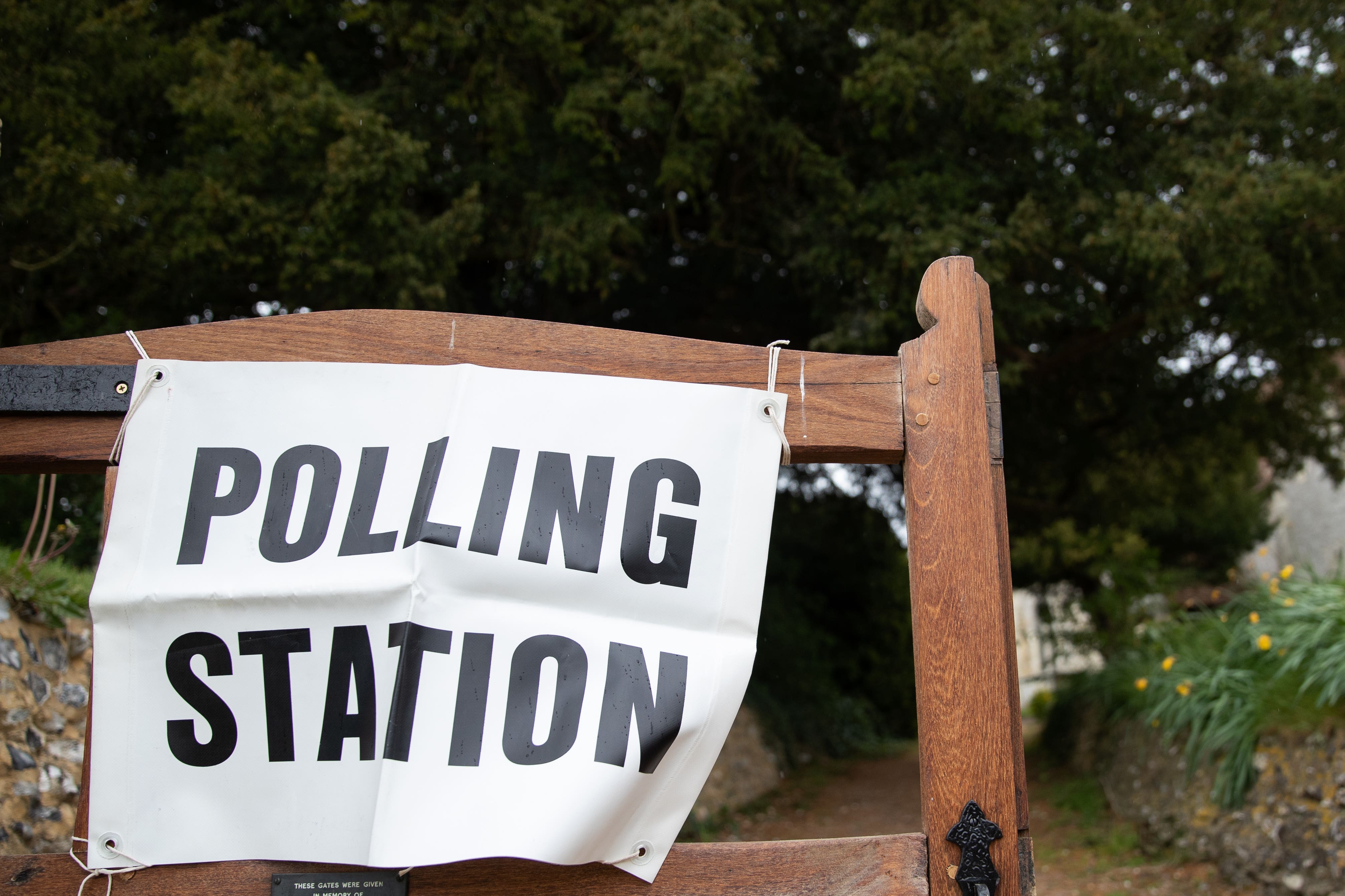Photographic voter ID isn’t protecting democracy – it’s undermining it
Editorial: It will mean that future governments and local councils can take even less notice of the needs of the young, the poor and some ethnic minorities

By far the most depressing aspect of the introduction of compulsory photographic ID as a voting requirement is the disproportionate impact it has on British people of Black and minority ethnic heritage.
This racially charged aspect of the Elections Act 2022 will make itself felt for the first time in the English local elections. For the first time in British history, a section of the community could, in effect, be made second-class citizens in their democratic rights because of their racial background. It is indefensible.
Electoral Commission data in 2019 showed that 25 per cent of Black and Asian Britons were not registered to vote, compared to the national average of 17 per cent. The pro-democracy Runnymede Trust points out also that voter IDs were likely to have a heavier impact on Black and minority ethnic people: white people are most likely to hold one form of photo ID, with 76 per cent holding a full driving licence.
Join our commenting forum
Join thought-provoking conversations, follow other Independent readers and see their replies